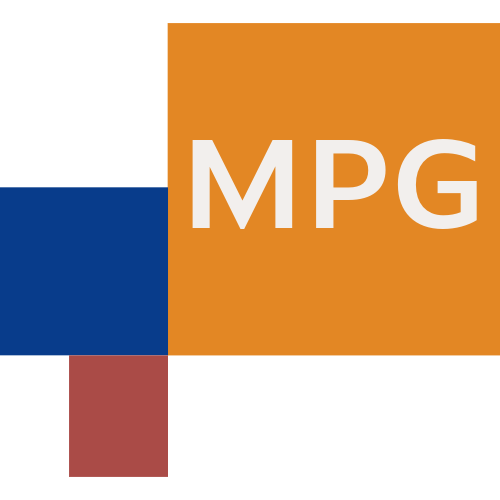In 2025, effective board governance remains a cornerstone of corporate success, ensuring that organizations navigate complex challenges with integrity and strategic foresight. Board members play a pivotal role in maintaining accountability, providing leadership, and implementing best practices to uphold robust governance structures.
The Role of Board Members in Maintaining Governance Accountability
Board members are entrusted with the fiduciary duty to act in the best interests of the organization and its stakeholders. This responsibility encompasses overseeing management, ensuring compliance with laws and regulations, and safeguarding the organization's mission and values. Key aspects include:
- Strategic Oversight: Boards are responsible for reviewing and guiding corporate strategy, major plans of action, and risk management policies. This involves setting performance objectives and monitoring implementation to ensure alignment with the organization's goals.
en.wikipedia.org - Financial Accountability: Ensuring the integrity of financial reporting and disclosures is a critical function. Boards must oversee accounting systems and independent audits to maintain transparency and trust with stakeholders.
en.wikipedia.org - Ethical Leadership: Upholding high ethical standards and fostering a culture of integrity are essential. Boards should establish codes of conduct and ensure that organizational practices reflect these values.
en.wikipedia.org
Navigating Leadership Challenges in the Digital Age
The digital era presents unique challenges for board governance, including rapid technological advancements and evolving cyber threats. To effectively navigate these complexities, boards should:
- Embrace Technological Literacy: Boards must develop a strong understanding of emerging technologies such as artificial intelligence and blockchain to make informed decisions. This includes assessing how these technologies impact business models and risk profiles.
pwc.com - Enhance Cybersecurity Oversight: With increasing cyber threats, boards should prioritize cybersecurity by implementing robust oversight frameworks. This involves regular assessments of security measures and ensuring that incident response plans are in place.
pwc.com - Promote Digital Transformation: Encouraging innovation and supporting digital initiatives can drive organizational growth. Boards should guide management in leveraging digital tools to improve efficiency and customer engagement.
pwc.com
Best Practices for Board Governance and Oversight
To strengthen governance structures, boards can adopt the following best practices:
- Regular Evaluations: Conducting periodic assessments of board performance helps identify areas for improvement and ensures that governance practices remain effective.
boardsource.org - Diverse Composition: Building a board with diverse skills, experiences, and perspectives enhances decision-making and reflects the organization's stakeholder base.
boardsource.org - Continuous Education: Providing ongoing education opportunities for board members keeps them informed about industry trends, regulatory changes, and emerging risks.
boardsource.org - Transparent Communication: Maintaining open lines of communication with stakeholders fosters trust and ensures that the board's actions align with stakeholder expectations.
boardsource.org
MPG's Support for Board Governance Activities
MPG is committed to enhancing board governance by offering comprehensive solutions that streamline oversight, facilitate the distribution of meeting materials, and ensure compliance management. Our platform provides tools for efficient meeting scheduling, secure document sharing, and real-time collaboration, enabling boards to operate effectively in today's fast-paced environment.
In conclusion, as organizations confront the complexities of 2025, robust board governance is essential for sustaining corporate success. By embracing accountability, adapting to digital advancements, and implementing best practices, boards can lead with confidence and integrity.

